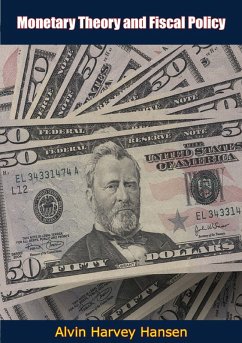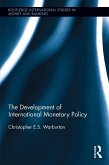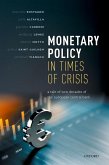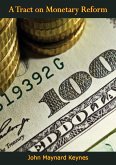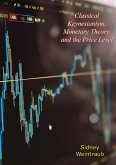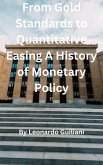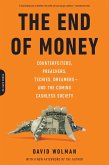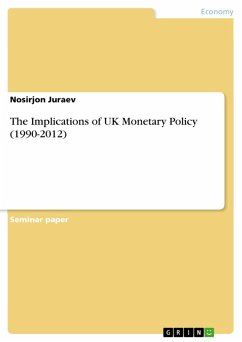IN TRADITIONAL economics the theory of money and the theory of output have been treated separately with little or no tendency toward integration. First Wicksell and then Keynes gave impetus to the movement to combine the theory of money with that of output as a whole. Drawing on classical economics and the modern aggregate analysis of Keynes, Professor Hansen in this volume succeeds in writing a book which, unlike the classical studies, shows the importance of money in the theory of output as a whole; and which, unlike numerous modern writings (e.g., of Hawtrey, Douglas, Hayek), avoids overemphasizing the importance of money. Here is a book that shows what monetary policy can and cannot achieve and why it has often failed in the past; the necessary supplementary role of monetary policy as an aid to fiscal policy; and the manner of integrating monetary and fiscal policy, in periods of both depression and inflation, as prerequisites for assuring a stable economy.Professor Hansen has drawn on his rich experience over thirty-five years in the study of cycles, fiscal policy, and international economics, and on his many years as an economic practitioner to write a book that makes use of the riches of classical economics, as well as neoclassical and Keynesian economics. The book should, for many years to come, be the standard work on monetary theory and fiscal policy as determinants of output. The reader will find here not only the modern theory of money and fiscal policy, but also rich surveys covering the last 150 years, reinterpreted with the tools of modern economics. He will find also suggestions, based on theory and history, for a policy in the years to come that will yield the high levels of income and stability without which the survival of democratic institutions is most unlikely.
Dieser Download kann aus rechtlichen Gründen nur mit Rechnungsadresse in A, B, BG, CY, CZ, D, DK, EW, E, FIN, F, GR, HR, H, IRL, I, LT, L, LR, M, NL, PL, P, R, S, SLO, SK ausgeliefert werden.

